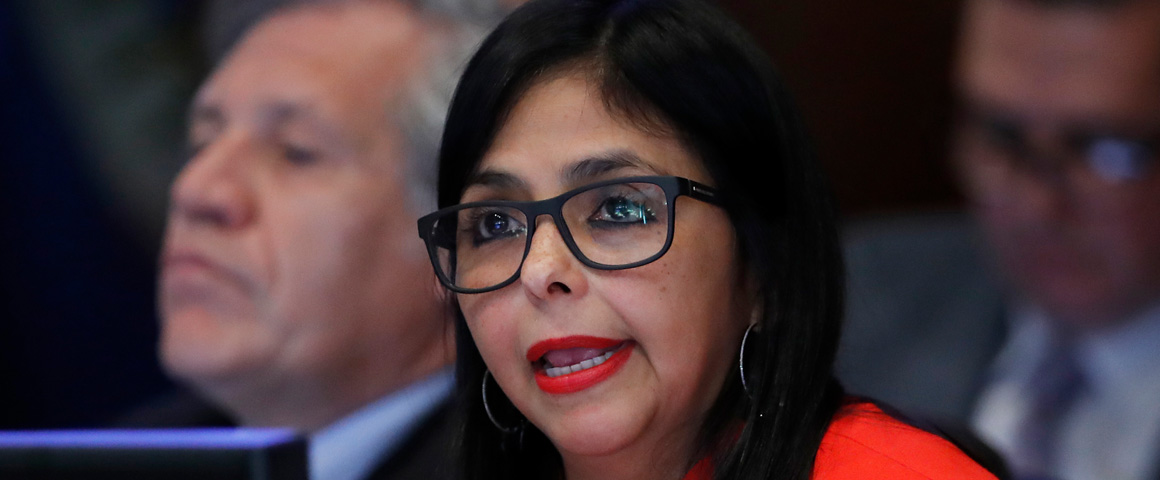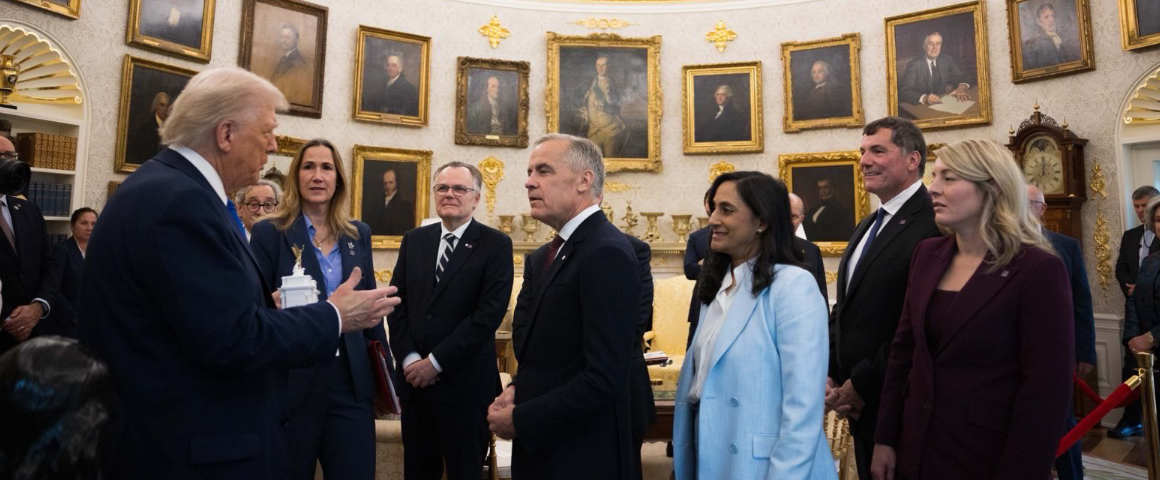In a recent article titled “The Venezuela ‘Opposition’ We Never Hear About”, Canadian journalist and author Arnold August, wrote about the real nature of the “opposition” in Venezuela. [www.telesurtv.net/english/opinion/The-Venezuela-Opposition-We-Never-Hear-About-20170309-0035.html]
In the context of a meeting of delegates of the international Network of Intellectuals, Artists and Social Movements in Defense of Humanity in Caracas, August refers to one of the speakers, the Venezuelan deputy at the National Assembly, Hector Rodríguez, who is the leader of the minority pro-Chavismo group, a fact that puts him effectively on the opposition – at least in a conventional sense.
We learn from August the “conventional“ opposition is based simply on the smaller number of representatives, who nevertheless remain loyal (are not opposed) to the capitalist system’s ideology (Republicans and Democrats in the U.S.), or to the head of state, the Queen in the case of Conservatives and Liberals in Canada. But in Venezuela, Rodríguez’s loyalty lies with the ideology of the Bolivarian Revolution. This makes him invisible to, or ignored by the corporate media.
August writes, “the Bolivarian Revolution … is based in words and deeds on opposition to U.S. imperialism and capitalism. While the Revolution is flexible on tactics … when it comes to the question of principles and objectives, there is no compromise possible.”
This ideological opposition is different from the numeric or size-based opposition. The former is a deeper and more meaningful opposition, and should not be penalized by the U.S. and its enablers, as is the often the case, when it is the free sovereign choice of the people.
Venezuela’s ideological opposition to the Empire must have been at the forefront of Luis Almagro’s mind, the secretary general of the Organization of American States (OAS), when he singled out Venezuela in his accusatory, aggressive and damning report on March 14, 2017. [www.oas.org/documents/spa/press/Informe-VZ-Spanish-signed-final.pdf ]
Totally outside his mandate as secretary general, Almagro lays out serious accusations against the government of Nicolas Maduro, that do not have any support aside from his compromised words. After Venezuela had been internationally recognized for holding the most transparent presidential elections, Almagro has the audacity to state that “a call to general elections be made in the next 30 days.” He goes on to state that “if no general election are held under the stipulated conditions, that would be the time necessary to apply Venezuela’s suspension from the activities of the Organization in light of Article 21 of the Interamerican Democratic Charter.”
This is the same Almagro who did not suggest a suspension for Brazil when in 2016 its then vice-president Michel Temer and his associates ousted legitimately elected President Dilma Rousseff in a so-called parliamentary coup, to implement rightwing neoliberal policies in line with the requirements of the U.S.
But Almagro’s words cannot be trusted, precisely because he is not in opposition to the ideology of the empire. His words are compromised by his adherence to the neoliberal dogma that the Bolivarian Revolution has rejected.
In an immediate public reply through the ministry of external affairs the Venezuelan government stated its “deepest repudiation to the illegitimate and illicit pretense report on Venezuela presented by Mr. Luis Almagro who…ignores the institutional processes and principles of [the OAS].”
The Latin American community in the hemisphere has reacted solidly in support of Venezuela, with strong words of rejection for the Almagro report. For instance, the senator from Chile, Alejandro Navarro, who is the president of the Chile-Venezuela interparliamentary group, has firmly stated that instead it is Almagro who “should be suspended from the OAS”, and that Chile should send a “clear signal against the continued conduct of this person, who during his whole term of office all he has aimed for has been destabilizing the government of president Nicolas Maduro, and the intervention in a country that is free and that elects its leaders democratically.”
Canada, an OAS member since 1990, has not issued its position at the time of this writing. The Canadian based group Hugo Chavez People’s Defense Front, representing organizations and activists with Latin American roots, has asked Prime Minister Justin Trudeau “to call for the institutional respect for the process and principles of the OAS Charter when they are trampled upon by the Secretary General.”
It is particularly poignant and not coincidental that the Almagro report is released on the heels of two important statements issued earlier in March, but totally opposite in nature. One is from the 14th Summit of Heads of State and Governments of the member countries of the Bolivarian Alliance for the Peoples of Our America – Trade Treaty of the Peoples (ALBA-TCP) [www.humanidadenred.org.ve/?p=7289] and a second is from the 15th meeting of the Network of Intellectuals, Artists and Social movements in Defense of Humanity. [www.humanidadenred.org.ve/?p=7246]
The ALBA-TCP document states that “the main attack is against the Bolivarian Revolution”, and asks to cancel “the arbitrary U.S. sanctions against Venezuela and its executive Vice President Tareck El Aissami.” In a similar tone, the statement by the Network of intellectuals focuses on the negative communication campaign used in those attacks: “The people of the ALBA countries, in particular of Venezuela, Ecuador and Bolivia have been the target of constant toxic disinformation campaigns through messages and images intended to strip away all their political and ideological references that do not correspond to the logic of the empire.”
Ultimately, the exclusion of Venezuela from the OAS lacks support within the organization, and will not happen. However, it is a matter of principle to oppose the Almagro report. It is Venezuelan deputy Hector Rodriguez’s uncompromising principle that must unite in solidarity all people who are in opposition to the neoliberal ideology that creates disinformation, wars, poverty and interventions in sovereign countries.




